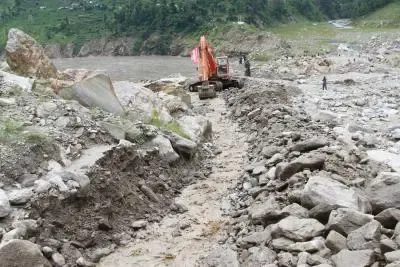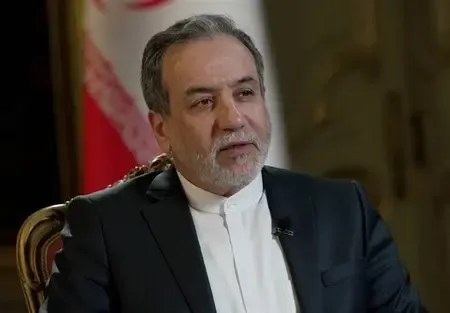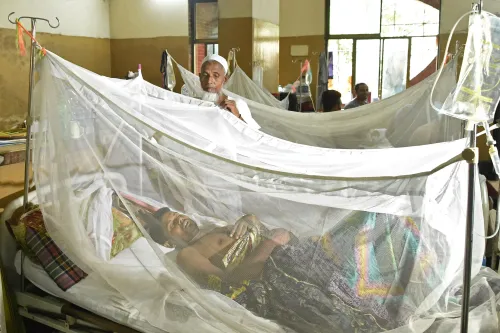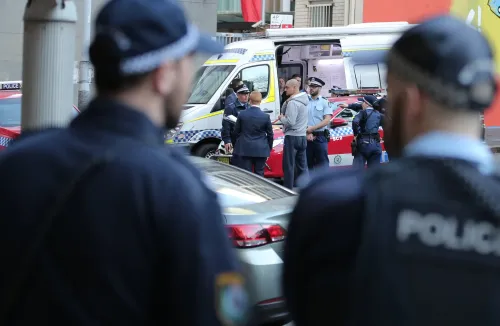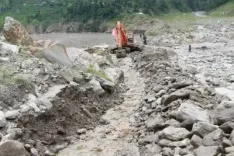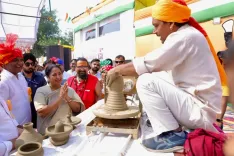Must China Avoid Demands That Strain Economies of Regional Allies?
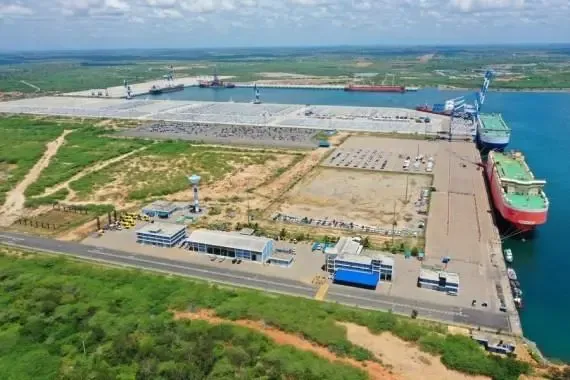
Synopsis
Key Takeaways
- Sri Lanka is facing significant challenges with Chinese investments.
- The $3.7 billion Sinopec refinery project is under scrutiny.
- Changes in agreements may disrupt oil supply arrangements.
- The Belt and Road Initiative poses risks of debt dependency.
- Regional allies must navigate economic pressures carefully.
Dhaka, Aug 9 (NationPress) Major Chinese initiatives in Sri Lanka — such as the Colombo Port City and Sinopec's $3.7 billion Hambantota oil refinery — are currently facing significant challenges that the administration of President Anura Kumara Dissanayake is struggling to navigate, according to a report published on Saturday.
Despite initial enthusiasm for multiple projects, recent developments, including regulatory issues, have raised concerns over the viability of Chinese investments, as detailed in an article from Daily Sun, a prominent newspaper in Bangladesh.
“In late July 2025, Sri Lanka Customs seized nearly 1,000 BYD electric vehicles from China — primarily the ATTO 3 model— across six shipments. The seizure stemmed from discrepancies in the reported motor capacity, which directly affected excise duty calculations,” reported Sulochana Ramiah Mohan, an esteemed journalist and Deputy Editor of Ceylon Today, an English-language daily in Sri Lanka.
During the four-day State Visit to China by Dissanayake in January this year, a total of 15 Memorandums of Understanding (MoUs) were signed, covering areas such as economic and technical cooperation, agriculture, tourism, and media, with the most crucial agreement being the formalization of the Sinopec oil refinery project in Hambantota.
According to the report, a significant setback for the long-awaited $3.7 billion Sinopec refinery — a project under negotiation for nearly five years — was the company's request for an additional 100 acres of land beyond the previously agreed terms.
“While initially it was agreed that 20 percent of the refinery's output would be allocated to the domestic market, with the remainder for export, Sinopec now demands that 100 percent of the refined output be kept for Sri Lankan consumption. This change has prompted the government to reconsider the contract, even suggesting the possibility of a new tender,” Mohan stated.
This alteration, the report pointed out, could disrupt long-standing oil supply arrangements, placing the Sri Lankan government in a precarious situation.
The report emphasized that Sri Lanka's Power and Energy Secretary has publicly asserted that the government cannot modify the MoU terms or circumvent the tender process, even hinting that the agreement may potentially be revoked entirely.
Other projects under China's contentious Belt and Road Initiative (BRI) are also under pressure.
“Historically, Sri Lanka has been a key participant in the BRI. Major projects such as the Hambantota Port, Southern and Central Expressways, and the Colombo Port City were all undertaken with Chinese financial and technical support. However, the Hambantota Port—leased to China Merchants Port Holdings on a 99-year agreement after Sri Lanka failed to manage its debt—has become a focal point in discussions about the risks of 'debt-trap diplomacy,'” the report noted.
The report also highlighted that Bangladesh, which joined the BRI in 2016, is reevaluating its investment strategies, while the Maldives, a formal entrant to the BRI in 2014, faces a high risk of debt distress with approximately $1.3–1.4 billion of its public debt—about 40 percent of the total—owed to China.
Due to escalating strategic concerns, exacerbated by Sri Lanka's experiences with Chinese-backed debt, no major BRI project has been finalized in Nepal this year.
“China must strive to be a cooperative and responsible partner, avoiding demands that could impose undue burdens on the economies of its regional allies. By emphasizing win-win outcomes and respecting domestic constraints, China can continue to play a vital role as a development partner without destabilizing the nations it seeks to assist,” Mohan concluded in the Daily Sun.

